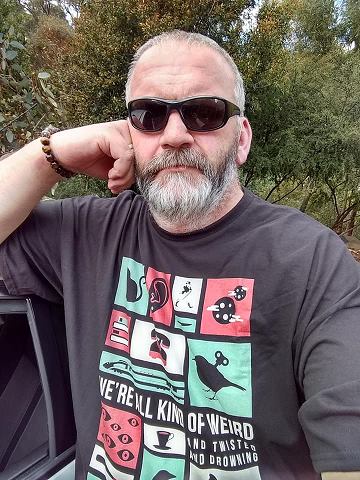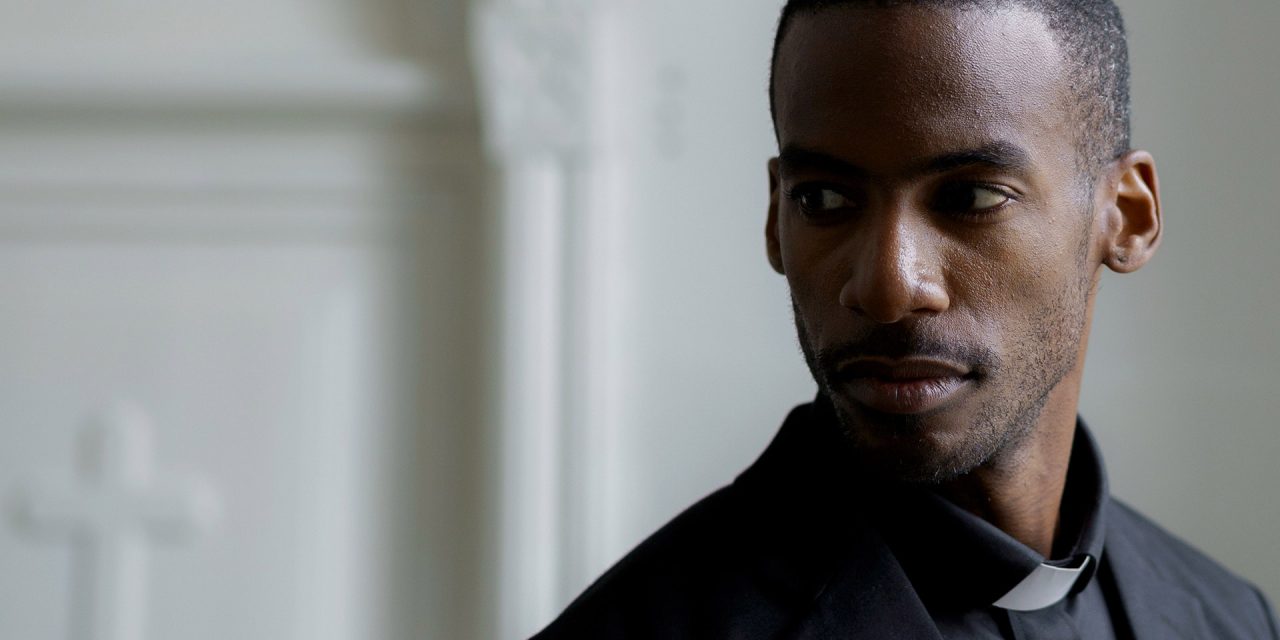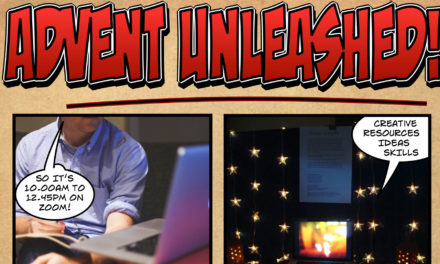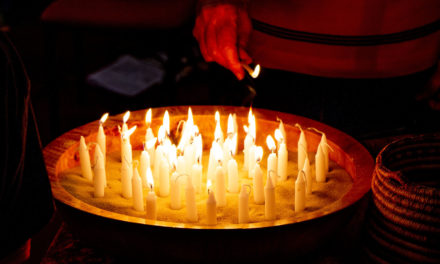 In a previous life, Brendan Byrne was heavily involved in the trade union movement. He spent about 10 years working in the finance industry, during which he became involved with its union, before another 10 years working in the broader union movement itself. With that background, he’s the perfect fit for an organisation which represents some of his contemporaries. Brendan is currently the minister at Heathmont Uniting Church.
In a previous life, Brendan Byrne was heavily involved in the trade union movement. He spent about 10 years working in the finance industry, during which he became involved with its union, before another 10 years working in the broader union movement itself. With that background, he’s the perfect fit for an organisation which represents some of his contemporaries. Brendan is currently the minister at Heathmont Uniting Church.
As chair of the Faith Workers Alliance, Brendan is the head of a union which represents faith workers of all types and denominations right around the country. “When faith workers get together and talk to one another, one of the things they discover they have in common is that all churches, all denominations, all traditions, unfortunately have toxic ministry placements,” Brendan explains.
“These ministries are inhabited by gatekeepers who exercise considerable power and influence, and who use that power to bully and victimise faith workers, and to create a sustaining culture that views faith workers as servants in the most pejorative sense of that word. The other thing that faith workers discover when they talk to each other is that their respective churches and denominations have done very little to protect them from these toxic ministry placements.”
“Very little has been done to care for them once they’ve fallen foul of these placements, and to make accountable the people responsible for the abuses directed at them, and who have created the cultures that enable these abuses to occur. So faith workers have realised that if they want these issues addressed they’re going to have to start organising around them, and that’s the conversation that’s been going on among faith workers across many different denominations and traditions.”
Brendan says the creation of the Faith Workers Alliance is long overdue and brings Australia into line with a number of other countries. “The Alliance has come into existence because the mood is becoming increasingly one of, ‘well, I’m a human being and I’m a worker too’,” Brendan says. “They are saying, ‘in no other workplace would these abuses be tolerated and I don’t see why that should happen to me, simply because I’m a faith worker’. The alliance has been in existence for a year, but the background conversations among faith workers have been going on for a number of years now. It’s a very similar process to what has happened in places like the UK and Canada, where faith workers have joined or formed unions around very similar issues.”
Brendan says it’s important to think of any faith organisation as similar to any company or corporation, rather than believing their religious status gives them an out when considering how faith workers are treated. “People sometimes say to me: ‘hang on, you’re supposed to be the good guys, aren’t you? You’re supposed to be Christians and be following Jesus on the side of good’,” Brendan says. “But of course the Church, like any other institution in society, is a human creation, and although we attempt to follow Christ and to be open to the movement of the Spirit, the Church is also infected by the brokenness of humanity; and so, just as in other workplaces, whether it’s a factory floor or a corporate office, you have gatekeepers and bullies and people who engage in dehumanising conduct.
“The Church is no different from that.”
This interview was originally prepared for publication in Crosslight.





